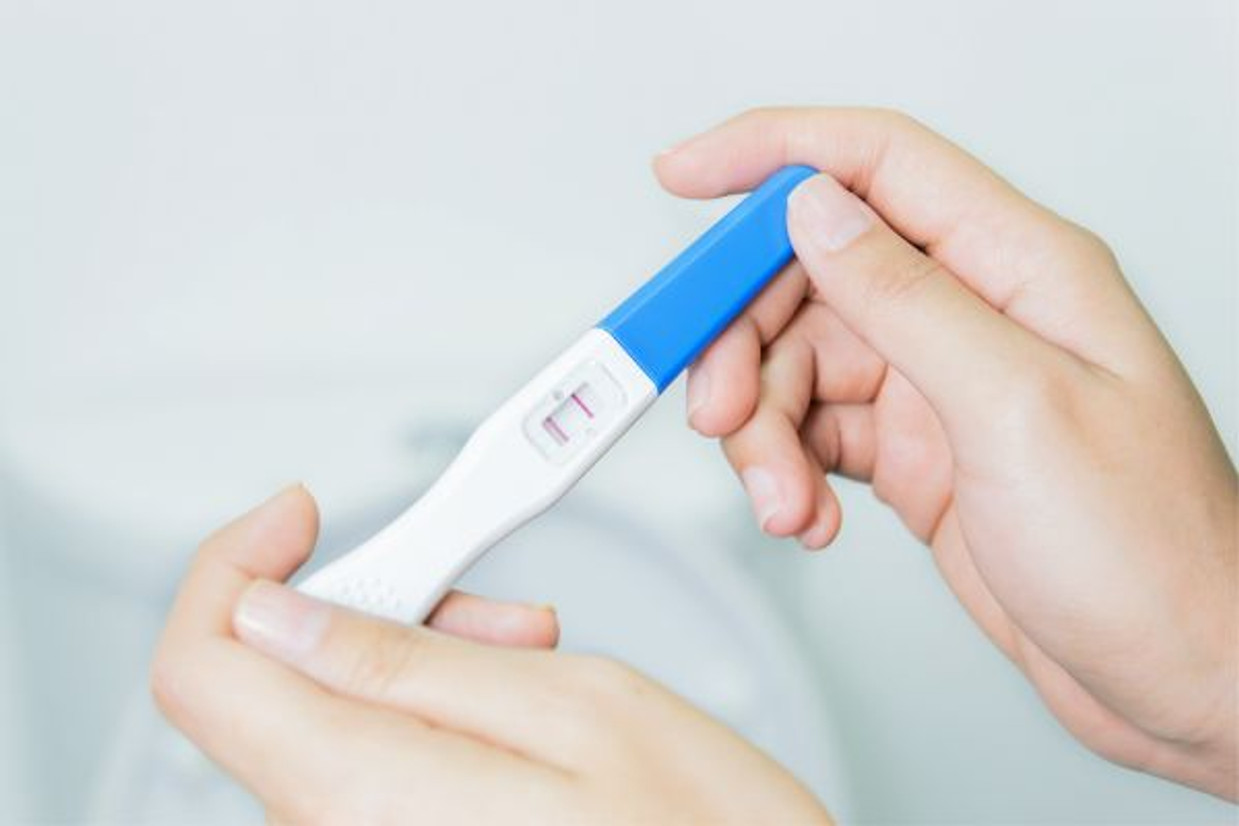Differences Between Medical-Grade and Home Pregnancy Tests
Pregnancy tests play a crucial role in determining whether a woman is pregnant. With the advancement of technology, there are now different types of pregnancy tests available, including medical grade and home pregnancy tests. While both of these tests serve the same purpose, they differ slightly in their accuracy and reliability. We’ll shine a light on the differences between medical-grade and home pregnancy tests so that professionals and patients can make informed, educated decisions.
Evaluating Accuracy
Medical-grade pregnancy tests are more accurate and reliable compared to home pregnancy tests. This is because these tests require trained medical professionals who use specialized equipment. Moreover, they have a lower risk of user error, which can affect the results of home pregnancy tests.
Home pregnancy tests, on the other hand, may vary in accuracy depending on their usage. Factors such as timing and following instructions correctly can impact the accuracy of home tests. For example, people must wait until after a missed period to take a home pregnancy test for more accurate results.
Test Sensitivity
Medical-grade pregnancy tests are more sensitive compared to home pregnancy tests. This means they can detect lower levels of hCG (human chorionic gonadotropin) in the urine or blood, thus providing accurate results even in the early stages of pregnancy.
Home pregnancy tests may have a higher threshold for detecting hCG hormone, making them less sensitive and potentially producing false negative results in early stages of pregnancy.
Understanding Costs
One of the more obvious differences between medical grade and home pregnancy tests is the cost. A medical-grade test is more expensive than a home test. Medical tests require trained medical professionals and specialized equipment, resulting in a higher overall cost.
Method of Testing
Medical-grade pregnancy tests use a sample of blood or urine collected by a health care professional. The sample goes to a laboratory for analysis, which may take a few hours to a day.
In contrast, home pregnancy tests involve collecting a urine sample and testing it at home using the provided kit. These tests usually provide results within minutes.
Medical Reliability
In general, medical-grade pregnancy tests are more reliable than home pregnancy tests. This is due to the nature of how providers conduct the test and the access to strict quality control guidelines in medical labs.
Home pregnancy test reliability may vary depending on factors such as user error, expired test kits, misunderstanding of one’s cycle, or storage conditions.
Cascade Health Care’s Solutions
At Cascade Health Care, we offer a comprehensive selection of medical products online, giving professionals and providers immediate, trusted access to reputable supplies. We value the need for reliability, accuracy, and affordability in all medical modalities. Shop our complete online inventory today and pay no sales tax on your final purchase.
Recent Posts
-
Assessing Musculoskeletal Blood Flow Using Dopplers
When it comes to diagnosing and managing conditions related to musculoskeletal blood flow, precision
-
How To Talk to a Patient About Their Birth Plan
When supporting parents-to-be, discussing their birth plan is a crucial element of providing patient



